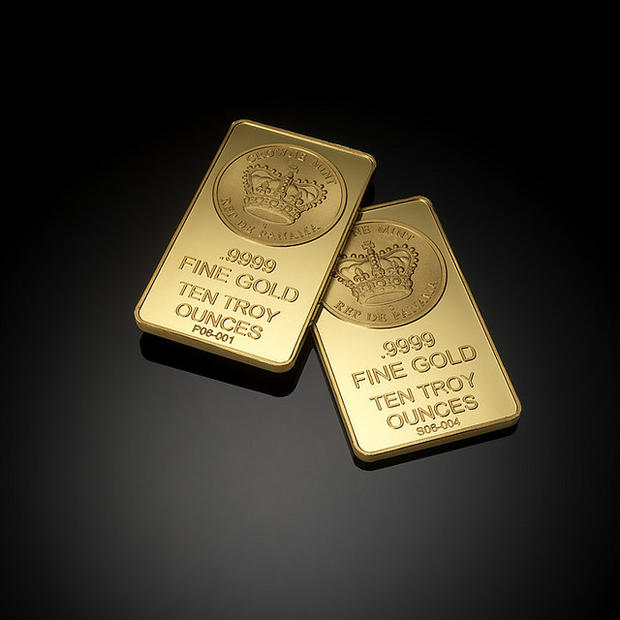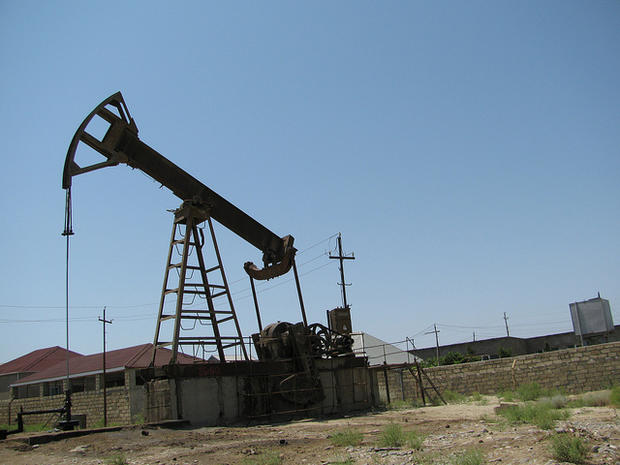Last year's best and worst financial predictions
China and Large-Cap Stocks
COMMENTARY In 2011, we followed eight things that financial media prognosticators said would happen last year. Here's our final update. Keep in mind if they were sure things -- they should all (or at least most of them) have come true. We will give a score of + for a forecast that can true, - for one that was wrong, and a 0 for one that was basically a tie.
We begin with China being the best place to invest. In 2011, S&P's China ETF (GXC) had a return of -16.8 percent, underperforming the S&P 500 Index by about 19 percentage points. It also underperformed U.S. small, small-cap value, large-cap value stocks and U.S. REITs as well. And despite the problems in Europe, it even underperformed the MSCI EAFE Index. However, China wasn't the worst place to be, as GXC did outperform emerging market stocks. Score - (Score 0 +/1-)
The second sure thing was that this was going to be the year of large-cap stocks. Since large-cap stocks outperform small-cap stocks about 40 percent of the time, this is not much worse than a coin flip -- and if gurus keep predicting it will happen, they'll eventually get it right. That was the case in 2011. The S&P 500 (2.1 percent) topped the Russell 2000 (-4.2 percent). Score + (Score 1+/1-)
Click "Next," above, to see how the other predictions fared.
Last year's best and worst financial predictions
Inflation and Interest Rates
The third sure thing was that all the monetary and fiscal stimulus would cause the rate of inflation to take off. For the first 11 months, the Consumer Price Index for All Urban Consumers (CPI-U) rose 3.4 percent. However, if the more volatile food and energy components are stripped out, the "core rate" increased just 2.2 percent. While we shouldn't ignore the CPI-U, it's important to note that the better predictor of future inflation has historically been the core rate. It's also important to note that the trend in the CPI-U has been favorable -- the last three months saw increases of 0.3 percent, -0.1 percent and 0 percent. Bottom line, while the rate of inflation has picked up a bit, it has certainly not taken off. Being generous, we'll give this a score of zero, as at least the direction was correct. Score 0. (Total Score +1/-1 )
The fourth was that interest rates would rise substantially. It would have been hard to have gotten this one more wrong. Rates fell sharply, even fooling such people as the "Bond King" Bill Gross, who issued a formal apology to his investors for getting the forecast so wrong. The 10-year Treasury rate actually fell, from 3.36 percent at year end to just 1.88 percent at the end of December. Score -. (Total Score +1/-2)
Last year's best and worst financial predictions
Bond Defaults and Gold
The fifth was that there would be a massive wave of defaults on municipal bonds in 2011, with Meredith Whitney calling for "50 to 100" sizeable muni defaults, totaling about $100 billion. As my Alternative Investments co-author Jared Kizer noted, state and local governments took dramatic actions to prevent Ms. Whitney's forecast from coming true. Those actions led to significant improvements in the financial situations of state and local governments. 2011 will go down as a year of very few defaults and few losses.
Making the situation worse for those who followed Whitney's advice is that the improving credit situation and the overall fall in rates led to municipal bonds being one of the best performing asset classes. Vanguard's Intermediate Term Tax Exempt Fund (VWITX) returned 9.6 percent, virtually matching the performance of the Vanguard Intermediate Treasury Fund (VFITX) which returned 9.8 percent. Looks like Whitney's forecast (along with that of Nouriel Roubini who joined in her chorus) will go down alongside BusinessWeek's 1979 forecast of the "Death of Equities" as one of the worst of all time. Score - (Total Score +1/-3)
The sixth sure thing was that the price of gold would continue to soar. It ended 2010 at $1,406 an ounce and closed the year at $1,567, an increase of 11.5 percent. Score + (Total Score 2+/3-)
Last year's best and worst financial predictions
Oil and Active Management
The seventh sure thing was that oil prices would soar. Brent Crude ended 2010 at around $99 a barrel and finished at around $107, an increase of 8 percent. Score + (Total Score 3+/3-). While giving this a plus score, it's important to note that the price of an alternative form of energy -- natural gas -- collapsed. The price of what is called NYMEX Henry Hub fell from over $4.50 to just under $3, its lowest level in two years.
The last sure thing was that 2011 would prove to be a stock-picker's year. Bank of America Merrill Lynch noted that only 11 percent of managers beat the Russell 1000 Growth Index, with the average fund underperforming by 4.5 percent. Only 21 percent of value managers beat the Russell 1000 Value Index, with the average fund trailing by 2.7 points.
This performance occurred despite the recent collapse in the correlation of individual stocks. The rising correlation was the excuse active managers were giving last year. This time they have to think of another, and next year there will be another, and so on. The reason they have to come up with new excuses each year is, as William Sharpe put it: "Properly measured, the average actively managed dollar must underperform the average passively managed dollar, net of costs. Empirical analyses that appear to refute this principle are guilty of improper measurement." Score - (Total Score 3+/4-)
That leaves us with three of eight sure things for 2011 actually coming to pass. Not a very good track record for "sure things." My long experience in the markets, including running trading rooms for some of the largest institutions in the U.S., has taught me that all crystal balls are cloudy, including my own. As Warren Buffett says: "A prediction about the direction of the stock market tells you nothing about where stocks are headed but a whole lot about the person doing the predicting."



